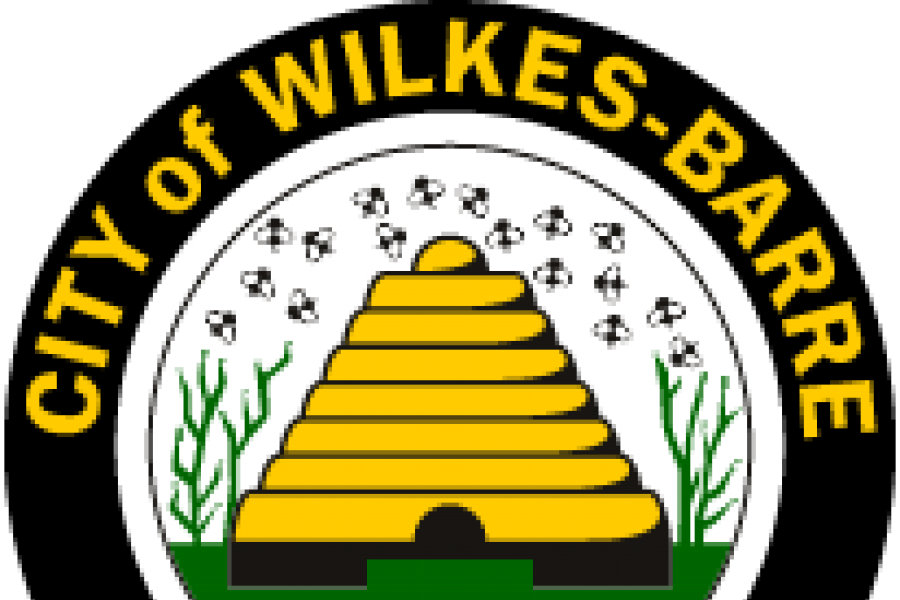Dee Culp was volunteering last year with the Rainbow Alliance to rejuvenate the human-relations commission in Scranton the first time she heard about a similar body existing in Wilkes-Barre, the city where she lives.
“We found out the committee had sort of disbanded,” she told PGN. “If we want protections in this town, I realized someone’s going to have to get the ball rolling on it.”
Culp contacted Tony Brooks, who was running for Wilkes-Barre City Council at the time. Brooks, who ran unsuccessfully for Philadelphia City Council as a closeted man in 1991, has since become the first openly gay councilman in Wilkes-Barre. He’s also the first Republican elected since 1983. Brooks introduced Culp to Beth Gilbert, a young Democrat who was also running for the Wilkes-Barre council.
“After meeting at a political event, she emailed me Pittston’s and Scranton’s ordinances,” Gilbert said. “Pittston’s was more modern, inclusive and vetted, so we used that as a model.”
When she took office at the beginning of the year, Gilbert crafted an ordinance that would extend nondiscrimination protections to LGBT residents in employment, housing and public accommodations. It also calls for city council to appoint seven to 15 representatives to the human-relations commission. Wilkes-Barre had a commission to hear discrimination complaints at least since the 1980s, but no one was appointed to fill the board, Gilbert said.
The ordinance unanimously passed its first reading this month. A final vote will take place Sept. 15.
“I’m very excited, but at the same time very nervous,” Culp said, noting Brooks’ mother tried to get a similar nondiscrimination ordinance passed in 1994. It passed the first reading, but not the final vote. “In 22 years, nothing’s been done about it. That’s a long time to wait.”
“We need to have this,” she added. “It basically gives us a legal leg to stand on against discrimination.”
Brooks was on vacation in the mountains this week and unavailable for comment. He was one of the earliest supporters of the ordinance, and Gilbert said she’s optimistic about the current ordinance because all five members of council approved its first reading.“Hopefully history doesn’t repeat itself,” Gilbert said. “The vast majority of residents have been very supportive.”
Gilbert, who grew up in Wilkes-Barre, said if the ordinance passes she would consider asking council to adopt a resolution calling on the state to pass an LGBT-inclusive nondiscrimination law.
“We can do as much as we can on the local level, but state law has a little more grip,” she said.

